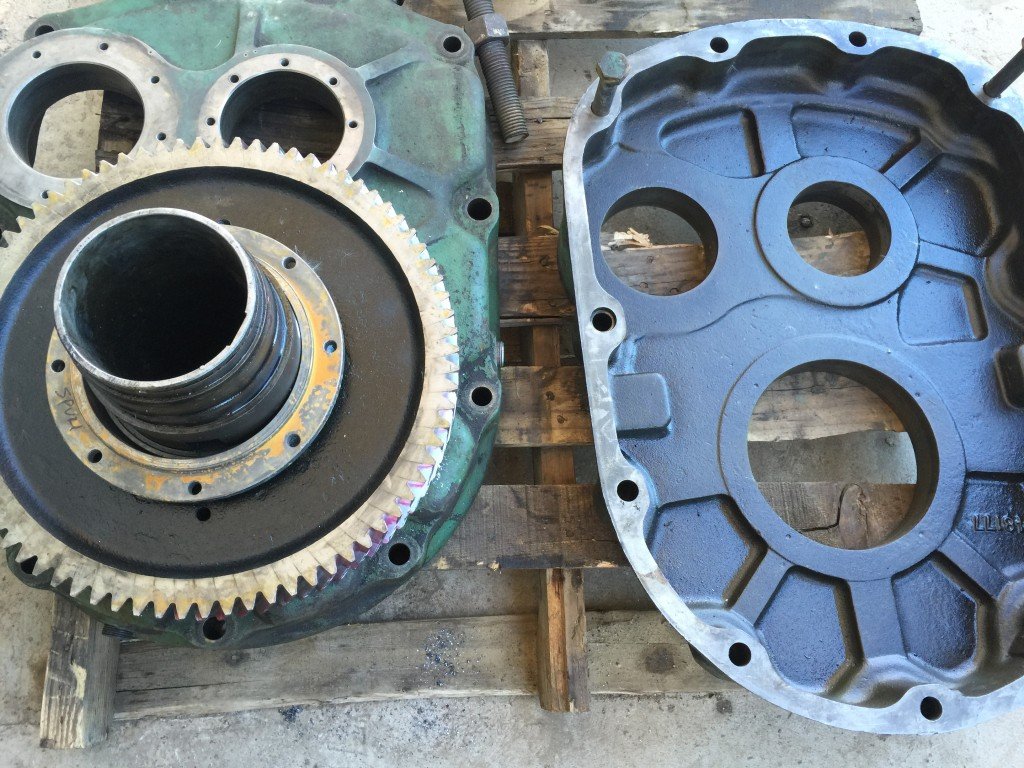Mobile:+86-311-808-126-83
Email:info@ydcastings.com
Effective Strategies for Managing Pipe Closure Capacities and Enhancing Operational Efficiency
Understanding Pipe Closure Caps Importance and Applications
In various industries, pipe closure caps are essential components that serve multiple purposes, from maintenance to safety. These caps, designed to fit on the ends of pipes, help to seal the pipe openings, preventing the escape of fluids, contaminants, or gases. Let's delve into the significance, types, and applications of pipe closure caps.
Importance of Pipe Closure Caps
Pipe closure caps play a critical role in ensuring the integrity of piping systems across different sectors. One of the most vital functions of these caps is leak prevention. Leaks can lead to significant environmental hazards, operational inefficiencies, and economic losses. By effectively sealing unused or open pipe ends, closure caps help maintain the system's pressure and prevent external contaminants from entering the piping network.
Additionally, pipe closure caps contribute to safety. In many industrial settings, pipes may transport hazardous materials. Uncapped pipes pose a risk not only to the facility but also to the surrounding community. Caps effectively mitigate this risk by securing the openings and providing an additional layer of safety.
Types of Pipe Closure Caps
Pipe closure caps are available in various materials and designs, tailored to meet specific industry needs
. Common materials include1. Plastic Caps Often used in water and drainage systems, plastic caps are lightweight, corrosion-resistant, and easy to handle. They are suitable for applications that do not require high-pressure tolerance.
2. Metal Caps Generally made from stainless steel or aluminum, metal caps are preferred for high-pressure applications and environments that demand durability and strength. These caps resist extreme temperatures and harsh chemicals, making them ideal for chemical processing plants and oil refineries.
3. Rubber Gasket Caps These caps feature a rubber lining to enhance sealing capabilities. They are frequently used in systems that require airtight or watertight seals.
pipe close cap

4. Threaded and Non-threaded Caps Depending on the pipe type, caps can come with threaded options for secure fastening or non-threaded versions for easy application and removal.
Applications of Pipe Closure Caps
The applications of pipe closure caps span a wide spectrum of industries
- Construction In construction sites, these caps are used to close off pipes temporarily during building processes, ensuring that debris does not enter the system and that pressure is maintained within the piping.
- Oil and Gas The oil and gas industries extensively use closure caps to secure pipelines carrying crude oil or natural gas, thus mitigating risks related to leaks and spills.
- Water Treatment In municipal water systems, closure caps help in maintaining hygiene and preventing contamination during maintenance and repairs.
- Manufacturing During equipment storage or transportation, closure caps provide protection, preventing dirt and moisture from entering the piping systems before they are put into service.
Conclusion
Pipe closure caps, though often overlooked, are integral to the safe and efficient operation of piping systems across various industries. Their role in leak prevention, safety enhancement, and system integrity cannot be overemphasized. As industries continue to evolve, so too will the designs and materials of these caps, striving to meet the challenges and demands of modern applications. Understanding their importance and applications can help industries make informed decisions about their piping systems, ultimately ensuring enhanced safety and operational efficiency.
-
Understanding Metal Casting TechniquesNewsApr.02,2025
-
Understanding Exhaust Manifolds for Enhanced Engine PerformanceNewsApr.02,2025
-
The World of Metal FabricationNewsApr.02,2025
-
Key Components for Pump and Turbo EfficiencyNewsApr.02,2025
-
Essential Tools for Automotive Maintenance and RepairNewsApr.02,2025
-
Durable Valve Components for Effective Water ManagementNewsApr.02,2025











